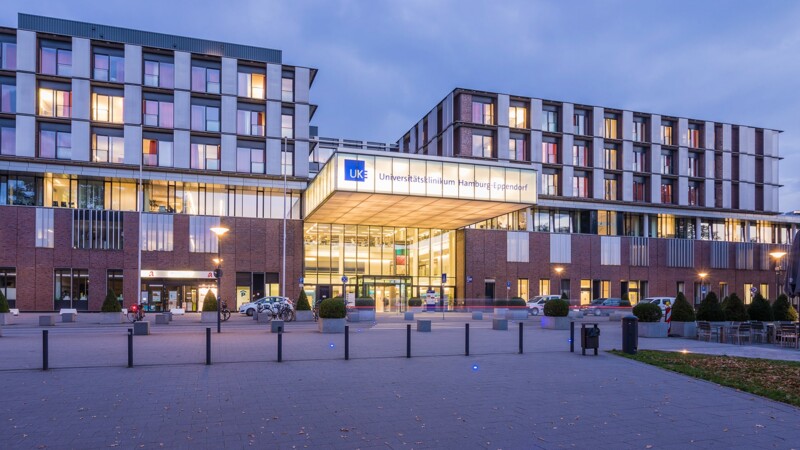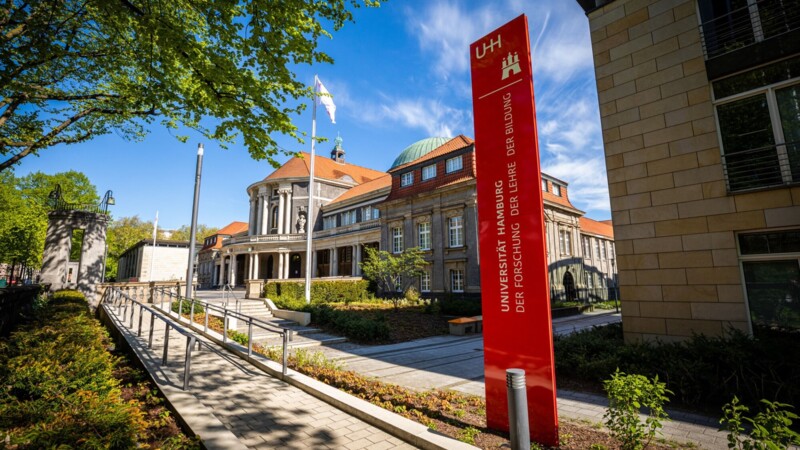"In these turbulent times, cross-border collaboration in science and research is of utmost importance and sends a strong signal. The project will boost innovative research projects between universities, research institutions and industry. It will also drive innovative ideas and developments in the life sciences and strengthen the science ecosystem," said Katharina Fegebank, Senator for Science and Research. HALRIC will allow Scandinavia and north Germany, which already boast comprehensive research infrastructure, to better position themselves in the life sciences.
Universities, hospitals, research institutions, business clusters and regional governments in Germany, Sweden, Denmark and Norway have set up the Hanseatic Life Science Research Infrastructure Consortium (HALRIC) for closer co-operation in life sciences backed by the EU, a press release said Thursday (April 20, 2023). The Halric Consortium, led by Sweden's Lund University, has received around EUR 11 million in EU funding to establish up to 75 pilot collaborations with non-university research institutions. The University of Hamburg, the University Hospital Hamburg-Eppendorf (UKE), European XFEL and DESY have also joined the consortium.
North Germany and Scandinavia leading the way
Halric to ease corporate access to research
"We see great potential in facilitating companies' access to the excellent, existing research infrastructures in the HALRIC region," said Dr Jürgen Walkenhorst, Managing Director of the Life Science Nord cluster. Around 53,000 people work in medical technology, biotech and the pharmaceutical industries across Hamburg and Schleswig-Holstein. "We are convinced that the innovative spirit in the life science sector can be noticeably increased in the participating countries," he added.
nj/mm/pb
Sources and further information
More
Similar articles

New manager of "Life Science Nord" cluster outlines plans

Hamburg and Schleswig-Holstein forge closer academic co-operation

